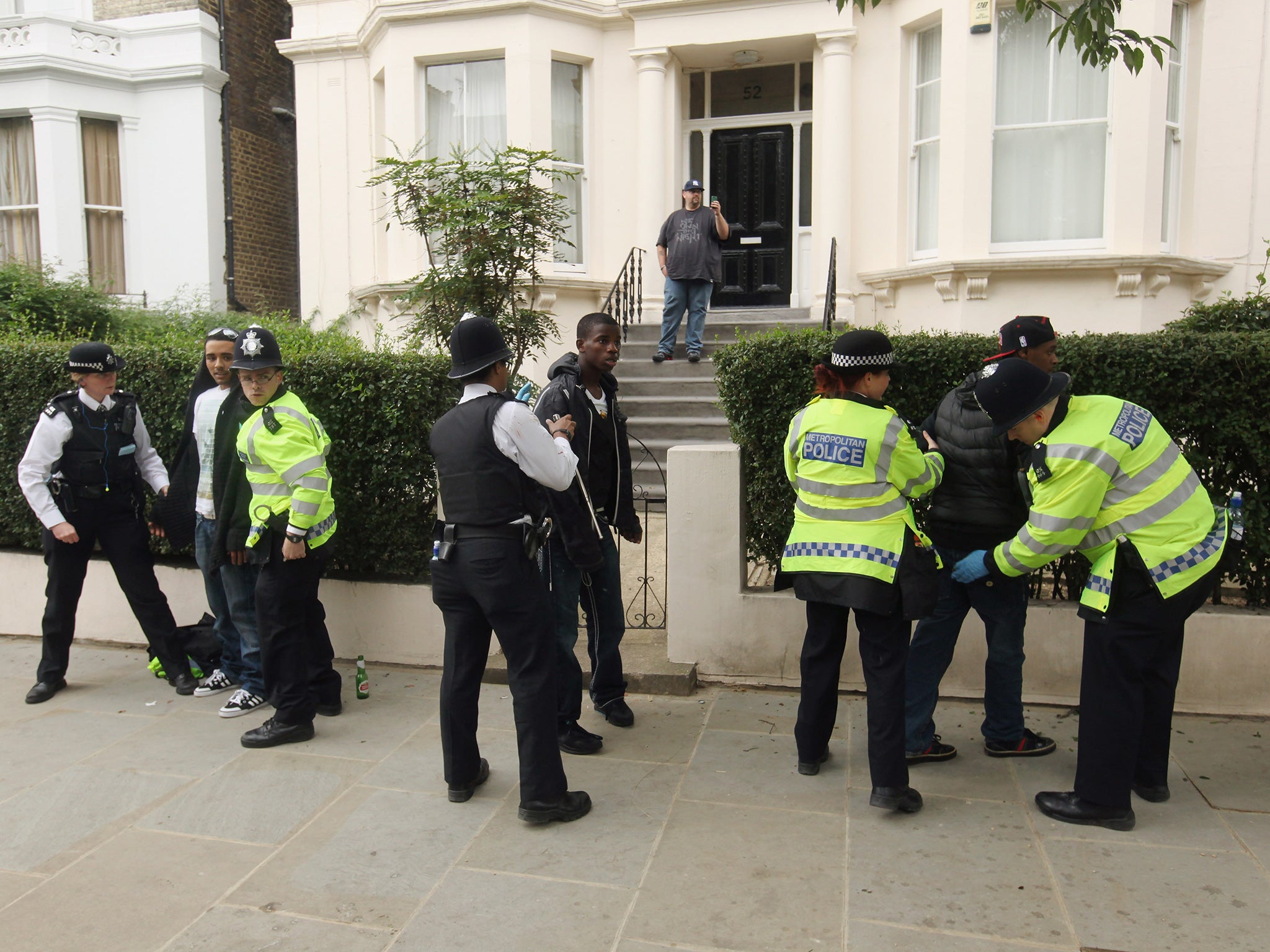We're arresting lots more terror suspects - but we're probably creating more extremists in the process
Does the record number of female arrests – up from 21 to 50 – reflect the increased threat from Muslim women in the UK? Or is it a similar knee-jerk reaction to the involvement of women terrorists seen in attacks on the continent?

An unprecedented 315 terror suspects were arrested between September 2014 and September 2015, according to new figures from the Home Office.
The bulletin also details a 31 per cent rise in the number of suspects arrested on terror charges, as well as a doubling of the number of women suspects arrested, and a record number of teenagers.
All of which, according to the Home Office, reflects the unprecedented rise in the threat to our country from terrorism. However, a closer look at the figures reveals a story which isn’t quite so clear-cut. We are seeing large amounts of people arrested – but not so many being charged.
So what are these figures really measuring? Is it an increase in the terrorist threat or an increase in our response to it in the wake of the Paris attacks? As a spokesperson for RUSI told The Guardian: “The number of arrests is often quoted as an illustration of the scale of the threat. However, it more accurately demonstrates the scale of police activity in countering it.”
So it seems what we are seeing is an increase in terrorism-related fear rather than terrorism itself – totally understandable of course in itself, but not when it leads to the kind of heavy-handed policing that can actually radicalise more people.
And that is what arresting such a large proportion without charge is likely to do as it will fuel a perception within the Muslim community that they are being unfairly targeted by police.
In a similar vein, does the record number of female arrests – up from 21 to 50 in that September-to-September time period – reflect the increased threat from Muslim women in the UK? Or is it a similar knee-jerk reaction to the involvement of women terrorists seen in attacks on the continent? And if so, will this not further alienate a community which is very protective of its female members?
The same goes for the number of arrests of under-18s, which is up to 15, its highest ever level. Not only are these teenagers more vulnerable, but, being more impressionable, they are also far more likely to become radicalised after being treated with institutional suspicion. What better way to radicalise a teenager than through heavy-handed and unfair treatment at the hands of the police?
I’m not saying we shouldn’t take the threat of terrorism seriously. I think, like most people, we should be taking it more seriously than ever. It’s just the way we deal with it that matters and which can make all the difference.
We can either take a secure but moderate response which measures the potential threats and acts against them accordingly, or we can engage in knee-jerk reactions which exacerbate the problem by fuelling it. And alienating communities who ‘look dangerous’ by making them subject to escalating police checks is a very good way of creating the environment in which extremism grows best.
When nearly two-thirds of arrests don’t lead to charges, something is going wrong and many of those arrests must surely have been avoidable. The Home Office may be painting these figures as proof of an escalating terrorist threat but many Muslims could point to the same figures as evidence of unfair and racist policing. And it would be hard to disagree with them.
Join our commenting forum
Join thought-provoking conversations, follow other Independent readers and see their replies
Comments
Bookmark popover
Removed from bookmarks